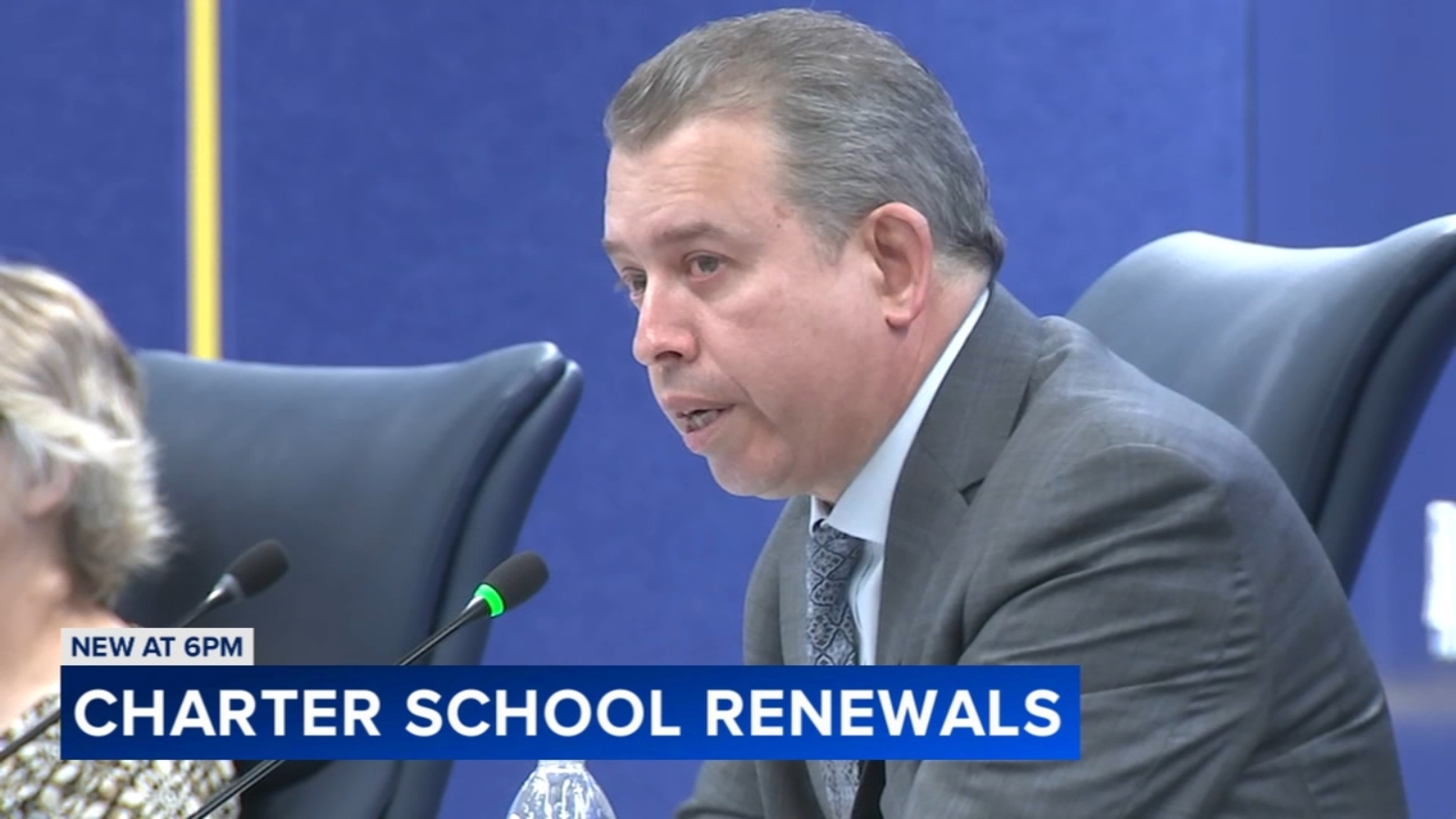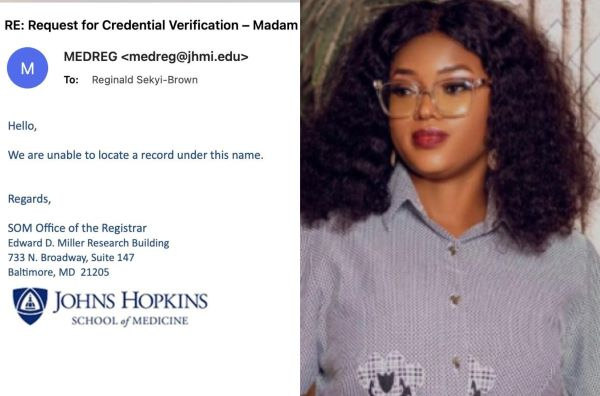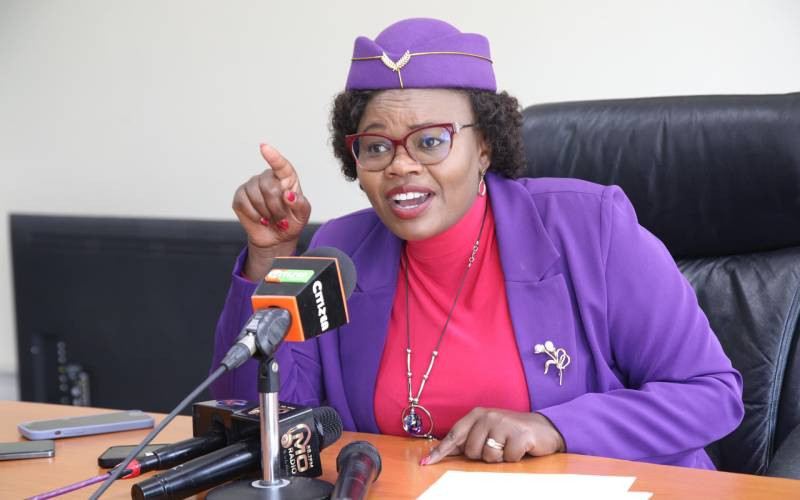Career As Cardiologist: Courses, Admission, Jobs, Salary
A Cardiologist is a medical doctor specialized in diagnosing and treating diseases related to the heart and the blood vessels. Candidates aspiring to become a Cardiologist, have to undergo a MD or DM in Cardiology after completing their MBBS.
As per the world health organization (WHO) an estimated 17.9 million people died of Cardiovascular diseases (CVDs) in 2016, which is 31% of all global deaths.

In India, 27% of the total death were attributed to CVDs and also accounts for 45% of the deaths in the 40-69 year age group.
The distinction that we can draw from the above data is heart diseases is the major contributor in the overall deaths across the globe and this number is significantly in the developing countries like India.
As a medical aspirant, if your goal is to make a real difference in the lives of people suffering from cardiovascular diseases (CVDs), then pursuing a career in cardiology could be the ideal path.
Being a cardiologist allows you to combine medical expertise with compassionate care to diagnose, treat, and prevent life-threatening heart conditions in the patients.
Please wait...
If your wish is to become a heart specialist, then article covers complete details about Courses, Career Path, Eligibility, Admission Process and Job Opportunities.
Cardiologist is the physician who is specialized in this field of medicine. Cardiologists treat the diseases like congenital heart defects, coronary artery disease, heart failure, valvular heart disease and electro-physiology.
, head of the cardio-thoracic centre in All India Institute of Medical Sciences (AIIMS) performed the first successful heart transplant in India. The heart transplantation was carried out in the year 1994 with the team of well-qualified doctors. Apollo heart hospital is one of the renowned hospitals in India for treating heart disorders and conducting transplantation as well as surgery.
To become a Cardiologist, candidates have to follow the below steps:
– Complete 10+2 with Science stream. The subjects in 10+2 must include Physics, Chemistry & Biology.
– Clear NEET UG exam and complete the MBBS program.
– Clear NEET PG and Complete MD in General Medicine.
– Clear NEET SS exam and pursue DM in Cardiology (Super Specialty).
To pursue a career in Cardiology, candidates must complete a series of specialized medical courses starting with an MBBS degree, followed by a postgraduate degree (MD in General Medicine), and then a super-specialty course (DM in Cardiology)
To become a cardiologist, you are required to go through a long period of medical studies for acquiring licensure and board certification. Below are the list of programmes to pursue in order to becoma a cardiologist.
Passed 10+2 with PCB; admission through NEET-UG
Candidates must have passed MBBS and qualified NEET-PG exam.
The candidates must have passed MD General Medicine and should have qualified NEET-SS exam.
Candidates can also pursue various diploma or certificate programs in Cardiology for specialization or allied roles:
Admission Process
To get admission in MBBS programme, candidates need to qualify NEET UG 2025 entrance exam. NEET UG is the only accepted medical entrance exams for admission to MBBS, BDS and Ayush courses in India.
For admission to MD program, candidates are required to qualify NEET PG entrance exam. The NEET PG exam is conducted by National Board of Examination for admission in MD/ MS/ PG Diploma courses in medicine.
For admission inDM, M.CH and Dr NB Super Speciality programs NEET SS exam and INI CET SS exam is conducted by the competent authorities.
With the rising number of heart patients in India, there has been a significant increase in super specialty heart care centers .
This growth has expanded the career opportunities for cardiologists in both government and private healthcare sectors.
There is a high demand for skilled cardiology specialists across hospitals, clinics, and research institutions.
Cardiologists can work as doctors in hospitals and also take up academic roles as lecturers in medical colleges and universities. Some professionals also choose to pursue research or further specialization in the cardiology field.
Many cardiologists start their careers by working in public or private hospitals to gain experience. Later, they may open their own heart care centers or private clinics. Professionals can work full-time, part-time, hourly, or even on a weekly basis—depending on the hospital’s needs.
Some of the common Workplaces for Cardiologists include:
Below is the list of some of the popular PG medical colleges in India offering courses in Cardiology:
A cardiologists may be designated as:
Key Skills Required for Cardiologist
Salary of a cardiologists depends upon several factors that includes experience, sub specialty, location, ability and work organization.
Fresher graduates or trainees can start their career with a package of ₹10 – ₹18 LPA. Professional with 2-5 years of experience can earn in the range ₹18 – ₹36 LPA and senior cardiologists with more than 10 years of experience can earn ₹36 – ₹60 LPA or more.
The salary of cardiologists is generally higher in the private sector and for those working in the metro cities. In government sector the salary packages are competitive and include allowances.
Here, we have listed some cardiology books that you can refer for studies:
- Manual of Clinical problems in cardiology by L. David hallis
- Oxford handbook of Cardiology by Punit S. Ramrakha
For more information about Career In Cardiology, feel free to ask us in the comment section below.











